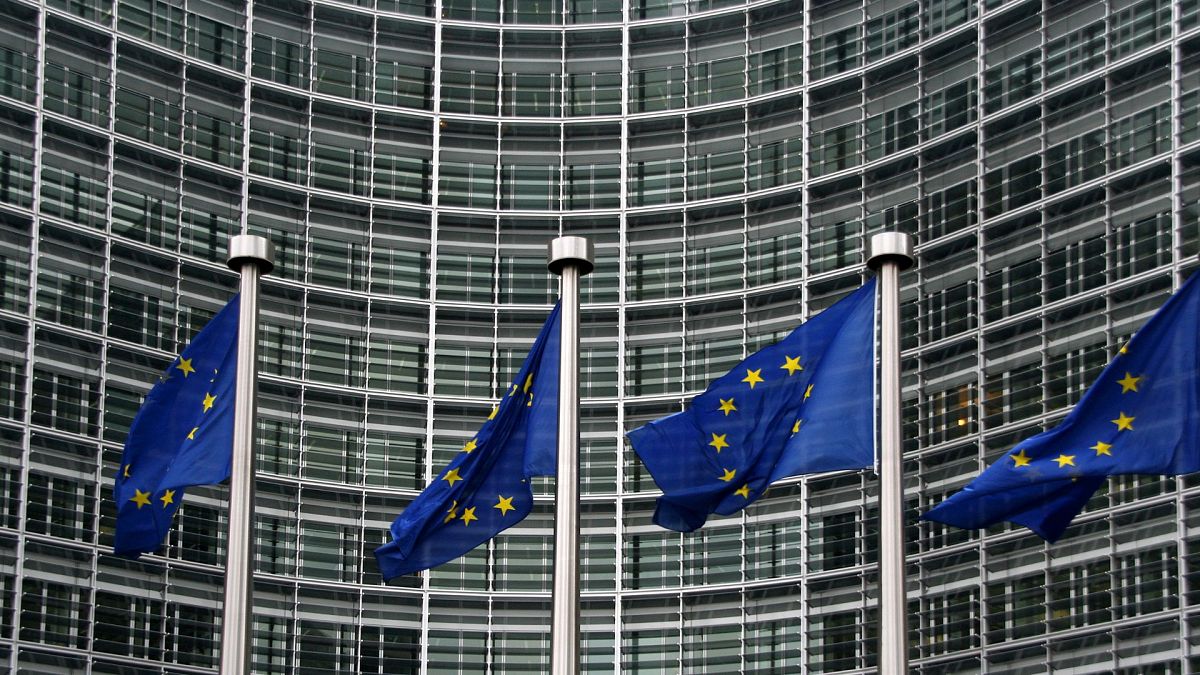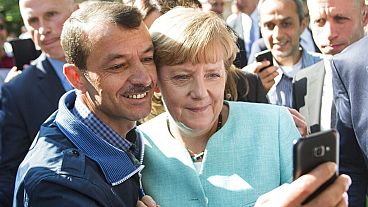Twenty years ago today, 10 new countries joined the European Union. A new report looks at the economic progress of eight of those member states.
To mark the accession to the EU of Czechia, Estonia, Hungary, Latvia, Lithuania, Poland, the Slovak Republic and Slovenia, the European Bank for Reconstruction and Development (EBRD) has compiled a report to look at how well the countries have fared.
Cyprus and Malta, who also joined on that day, are excluded from the report because they do not come within the areas in which the EBRD operates.
The countries involved, with the exception of Slovenia, part of the non-aligned former Yugoslavia, were previously on the eastern side of the Iron Curtain during the Soviet era. The dissolution of the Communist regime and membership of the EU transformed these nations.
Closing the gap with more advanced economies
In 1995, the EU-8 recorded an average GDP per capita that represented 14% of Germany's total.
This, by 2003 had risen to 26% and, by 2023, had reached 50%.
When looking at lower-income nations within the cohort, the EBRD noted that the gap with Germany was closing more rapidly, as less-developed nations enjoyed faster progress.
In 2004, Slovenia's income per head was 50% of Germany's, although this had climbed to 61% by 2023.
To look at Bulgaria and Romania, who joined the EU slightly later in 2007, their GDP per capita more than tripled as a share of Germany's between 2004 and 2023.
The economic perks of EU membership
Of the 24% jump in GDP per capita seen between 2003 and 2023, the EBRD argued that 14% of this growth is thanks to accessions to the EU.
In other words, while the report noted a 10% rise for non-EU markets with similar characteristics, it called the extra improvements an "accession bonus" for the EU-8.
One explanation for this trend is that EU membership allows economies to attract more foreign investment, and the bloc also facilitates international trade.
Member states are notably given access to the single market, which allows the free flow of goods, services, capital, and labour within the EU.
According to the EBRD, the accession bonus became significant in the early 2000s, although this advantage became less pronounced when the 2008 financial crisis took its toll on economies across the globe.
However, when compared to non-EU economies, growth rates later rebounded more strongly in EU-8 countries.
Does joining the EU make you happier?
The EBRD's report also pointed to a separate study conducted with the World Bank, suggesting that EU accession has improved wellbeing within the eight member states.
"Between 2006 and 2022, the share of people reporting that they were satisfied with their lives increased from 51% to 58% in the EU-8 economies," claimed the EBRD.
Up until a certain point, research suggests that income is positively correlated with happiness.
Even so, studies examining the relationship between EU accession and greater life satisfaction have not always noticed a clear correlation.
According to a 2017 study by the IZA Institute for Labour Economics, joining the EU increased average life satisfaction in Bulgaria - although the same couldn't be said for Romania.
These results may have been affected by wider political events, and trust in the European institutions is also important when considering the effects of EU accession on citizens.



